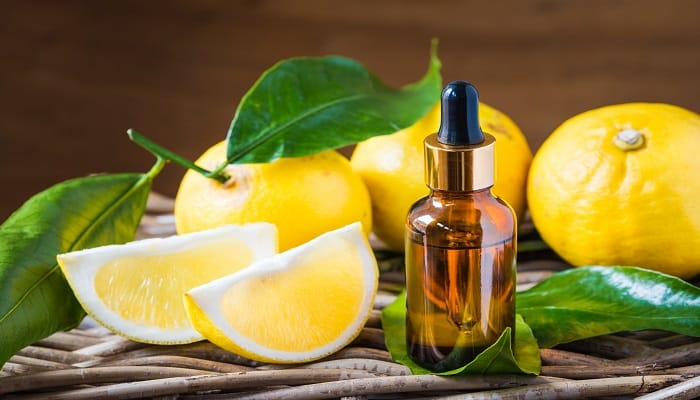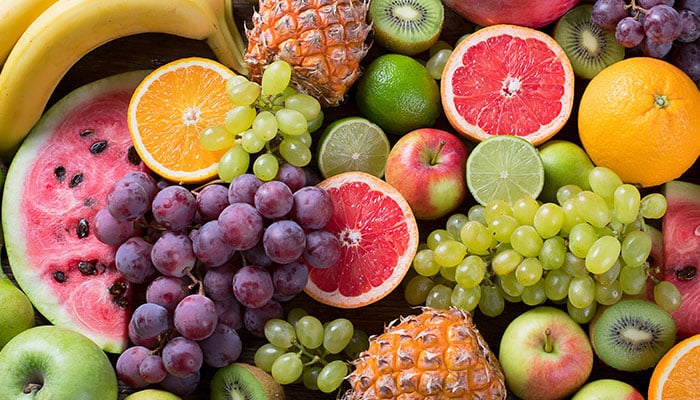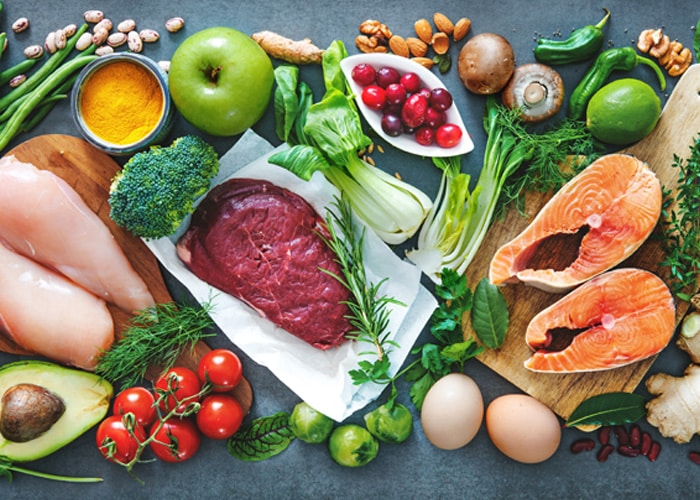
Article réservé aux abonnés


3-MCPD and its esters and fatty acid esters of glycidol are newly formed contaminants present in certain vegetable oils and processed foods. Esters of 3-MCPD and glycidol are formed particularly during the oil refining process.
3-MCPD and its esters are considered to be potentially carcinogenic to humans. A TDI (Tolerable Daily Intake) has been set for the group at 2 µg/kg body weight per day.
Maximum limits for these compounds are laid down in Regulation (EC) No 1881/2006 on contaminants:
- Regulation (EC) 1881/2006 set maximum limits for free 3-MCPD in soy sauce and hydrolysed vegetable protein at 20 µg/kg.
- Regulation (EU) 2018/290 amending 1881/2006 set maximum limits for glycidol fatty acid esters in vegetable and animal oils and fats :
- Vegetable oils and fats, fish oils and other marine organisms: 1000 µg/kg
- Vegetable oils and fats, fish oils and other marine organisms for the production of baby foods and processed cereal-based foods for infants and young children: 500 µg/kg
- Infant formulae, follow-on formulae, foodstuffs for special medical purposes for infants and young children and infant formulae: 50 µg/kg for powdered formulae and 6 µg/kg for liquid formulae.
- Regulation (EU) 2020/1322 amending 1881/2006 and applicable since 01/01/2021, sets limits for the sum of 3-MCPD and its esters in vegetable and animal oils and fats:
- Vegetable oils and fats: 1 250 µg/kg or 2 500 µg/kg depending on the vegetable oil.
- Oils from fish and other marine organisms: 2,500 µg/kg
Vegetable oils and fats, fish oils and oils and other marine organisms intended for the production of baby foods and processed cereal-based foods for infants and young children: 750 µg/kg
Infant formulae, follow-on formulae, foodstuffs for special medical purposes for infants and young children and infant formulae: 125 µg/kg for powdered formulae and 15 µg/kg for liquid formulae.
Virgin olive oils do not contain glycidol fatty acid esters, 3-MCPD or 3-MCPD fatty acid esters, therefore no maximum level has been established on these matrices.
Your laboratory will assist you in the analysis of 3-MCPD, its fatty acid esters and glycidol fatty acid esters in fatty products of plant origin under COFRAC accreditation and in accordance with current regulations.
You can consult our COFRAC technical appendix N°1-1904 available in your customer area or on the COFRAC website.
Need technical, regulatory and tariff information? Our customer service is available from 8 am to 8 pm Monday to Friday at +44 (0) 2037 430 973 or service-clients@phytocontrol.com.
And to not miss anything of Phytocontrol news, join us on our LinkedIn and Facebook page!




